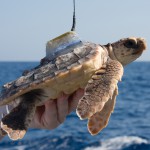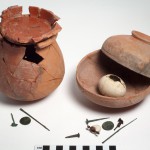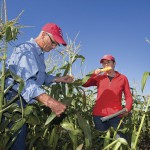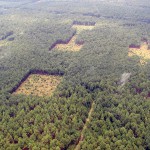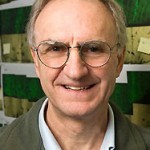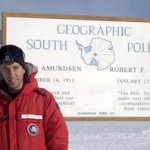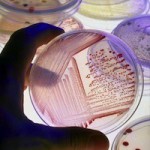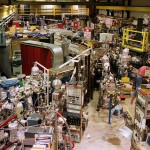Tag Research
Small scale, large potential: An expert weighs in on the future of microfluidics
More than a decade ago, David Beebe wrote that the field of microfluidics had the potential to significantly change modern biology. Now Beebe, an expert in the field, has written a high-level perspective on the state of microfluidics for the journal Nature.
Baby sea turtles spend ‘lost years’ in warm blankets of seaweed
Nosing their way out of eggs buried in sandy beaches from Florida’s east coast north into the Carolinas, baby loggerhead sea turtles race to the water as fast as their flippers will carry them and begin a swim frenzy to clear the predator-rich shore.
Military dads have to re-learn parenting after deployment
Fathers who returned after military service report having difficulty connecting with young children who sometimes don’t remember them, according to a study released this week.
Sardis dig yields enigmatic trove: ritual egg in a pot
Sardis has given up another treasure in the form of two enigmatic ritual deposits, which are proving more difficult to fathom than the coins for which the city was famous.
Seed dispersal gets a test in carved-out ‘habitat corridors’
Field ecologists go to great lengths to get data: radio collars and automatic video cameras are only two of their creative techniques for documenting the natural world. So when a group of ecologists set out to see how wind moves seeds through isolated patches of habitat carved into a longleaf pine plantation in South Carolina, they twisted colored yarn to create mock seeds that would drift with the wind much like native seeds.
Oldest bit of crust firms up idea of a cool early Earth
With the help of a tiny fragment of zircon extracted from a remote rock outcrop in Australia, the picture of how our planet became habitable to life about 4.4 billion years ago is coming into sharper focus.
New, inexpensive production materials boost promise of hydrogen fuel
Generating electricity is not the only way to turn sunlight into energy we can use on demand. The sun can also drive reactions to create chemical fuels, such as hydrogen, that can in turn power cars, trucks and trains.
Nathan Whitehorn a 2014 ‘Young Star’ in astrophysics
Nathan Whitehorn, a postdoctoral researcher on the IceCube project at the University of Wisconsin–Madison, has been named a “Young Star” by the Division of Astrophysics of the American Physical Society (APS).
Vibration energy the secret to self-powered electronics
A multi-university team of engineers has developed what could be a promising solution for charging smartphone batteries on the go - without the need for an electrical cord.
UW-Madison researchers awarded prestigious Sloan Fellowships
Four University of Wisconsin–Madison professors have been awarded prestigious Alfred P. Sloan Research Fellowships.
Wisconsin Partnership funds five new studies
Five researchers at the University of Wisconsin School of Medicine and Public Health (UWSMPH) have received grants through the Wisconsin Partnership Program’s New Investigator Program.
Advanced physics tool to shut down after almost 30 years
Faced with a federal funding shortfall, the University of Wisconsin–Madison has decided to shut down its Synchrotron Radiation Center near Stoughton on March 7.
Experienced executive LaBelle to lead Office of Corporate Relations
Susan LaBelle, a veteran private sector executive and economic development leader who has taught in the UW–Madison master's in biotechnology program, has been selected to head the university's Office of Corporate Relations (OCR).
UW Couples Lab studies importance of relationships
Valentine’s Day is a day when we think about our romantic relationships -- or lack thereof. But at the University of Wisconsin–Madison Couples Lab, every day is spent thinking about the importance of relationships.


